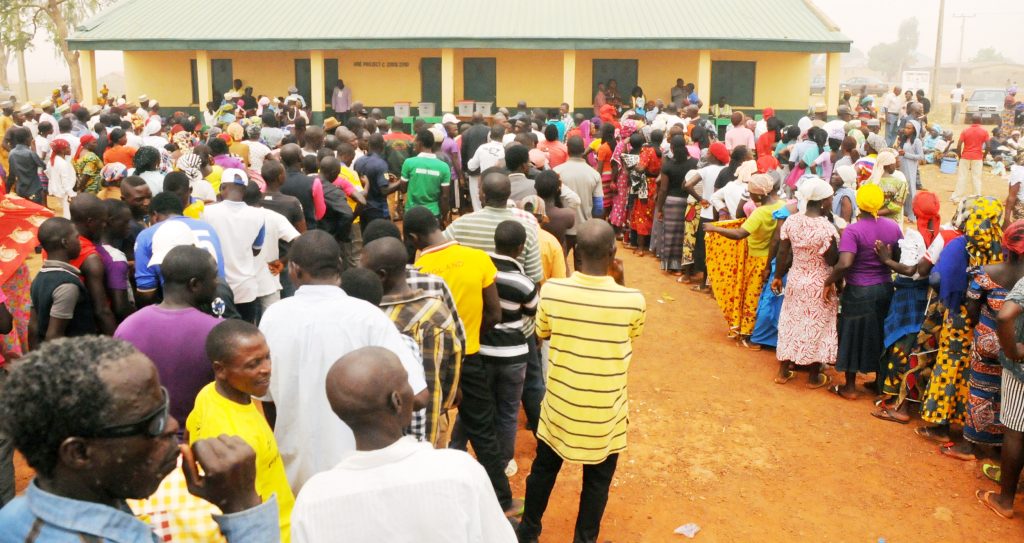Nigeria, Africa’s biggest democracy, held her Presidential and National Assembly elections on Saturday. While Nigeria’s elections are by no means fully electronic, there is no gainsaying that the introduction of the permanent voter cards (PVC) and electronic smart card readers have been a massive improvement.
Using the Independent National Electoral Commission’s card readers, voters are accredited at polling units when their PVC’s are scanned and their identities confirmed by biometrics (fingerprint authentication). Upon verification voters are allowed to vote.
And after the whole voting process, results are transmitted in real time to INEC (which has drastically reduced incidence of manipulations at collation centres).
This system of verification has helped in reducing the incidence of multiple registration and multiple voting to the barest minimum. But does this mean that INEC has a flawless system? Absolutely not. The system still remains far from perfect.
The INEC Card Readers Still Fail
Having being introduced first during the 2015 general elections, the card reader is supposed to be INEC’s primary method of accrediting voters during elections. But the electronic devices still malfunction and fail to recognise valid Nigerian voters cards in various centers.
The problem was first noticed in 2015 when several devices failed to read voters’ biometric data across the country. The most prominent case was that of the then president, Dr. Goodluck Jonathan.
But INEC assured Nigerians that the smart card readers will not fail during the 2019 elections because it has upgraded and enhanced the smart devices and tests carried out have found it to be “failure-proof.”
But that was not the case as their was widespread reports of card reader malfunction. These cases included the inability to verify some voters or in some cases the card readers not working at all. This ultimately hampered the electoral process by causing delays and in some cases, outright disenfranchisement of voters.
The card readers still remain a challenge for INEC to crack as the incidents of failed card readers in states across the country are too many, and too far spread to be ignored.
Delayed and Susceptible Electoral Process


These malfunctioning card readers inadvertently caused delays in the voting process because the voters had to be verified manually using their names and photographs. This leaves room for electoral fraud and human manipulation, the very problems which the smart card readers are supposed to combat.
It could also lead to cancellation of votes as the number of votes cast might surpass the number of voters accredited by the card readers.
If after the 2015 general elections and several elections in between the problem of card reader failure is still this common, it calls to question the credibility of the whole system and the seriousness of INEC as a body.
However, the electoral umpire still has 2 weeks to improve these flaws and live up to its promise to Nigerians during the Gubernatorial and State House of Assembly elections on March 9.






